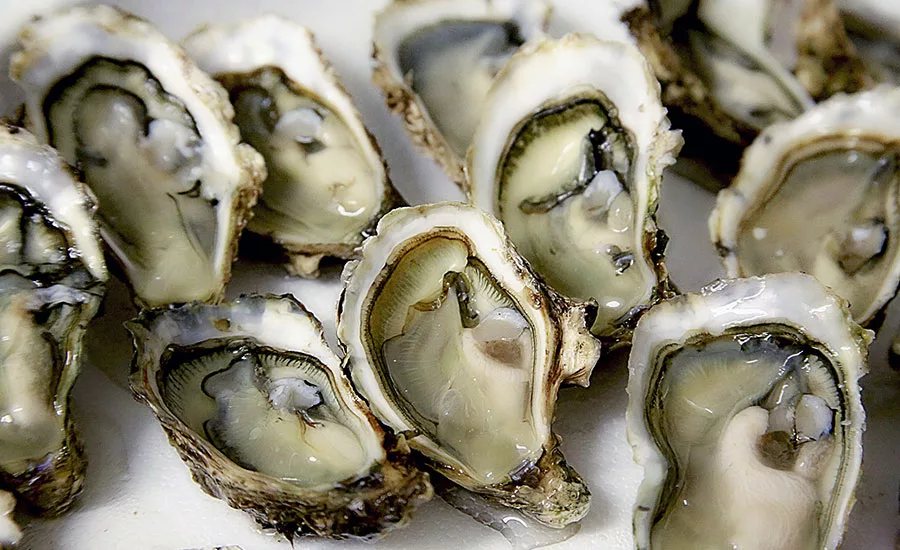UK and Hong Kong Norovirus Outbreak Traced to Oysters

At least 100 people are ill in the UK and 12 people in Hong Kong after eating raw oysters produced by Whitstable Oyster Company in the UK. The oysters were contaminated with norovirus.
Researchers from Public Health England, the Food Standards Agency, and environmental health teams in Thanet and Canterbury in England are investigating reports of people who ate oysters in late May and early June 2021 and then fell ill with vomiting and diarrhea.
The oyster bed and related affected batches have been identified, businesses that were supplied with them have been informed, and testing is ongoing.
Whitstable Oyster Company has stopped harvesting, no additional oysters have been distributed since the illnesses occurred, and those distributed before the business was aware of the outbreak have been taken off the market. All oysters sent for sale are now past their shelf life so there should be no further risks to consumers.
Cold weather leading to low water temperatures, high prevalence of norovirus in the community, and high rainfall possibly leading to sewage system overflows are all risk factors for shellfish-related norovirus outbreaks.
In Hong Kong, the Centre for Food Safety (CFS) of the Food and Environmental Hygiene Department told traders to stop the import of raw oysters produced by the business and informed restaurants to stop selling the products infected with norovirus.
Regardless of the season or region in which oysters are harvested, consuming them, particularly raw or partially cooked, carries a food safety risk, said a CFS spokesman.
Looking for quick answers on food safety topics?
Try Ask FSM, our new smart AI search tool.
Ask FSM →
Norovirus can spread through contact with the feces or vomit of an infected person, and can also contaminate food or water. It is considered a mild infection because it is usually short-lived and most people get better without medical treatment; however, symptoms can be unpleasant.
Source: Food Safety News







